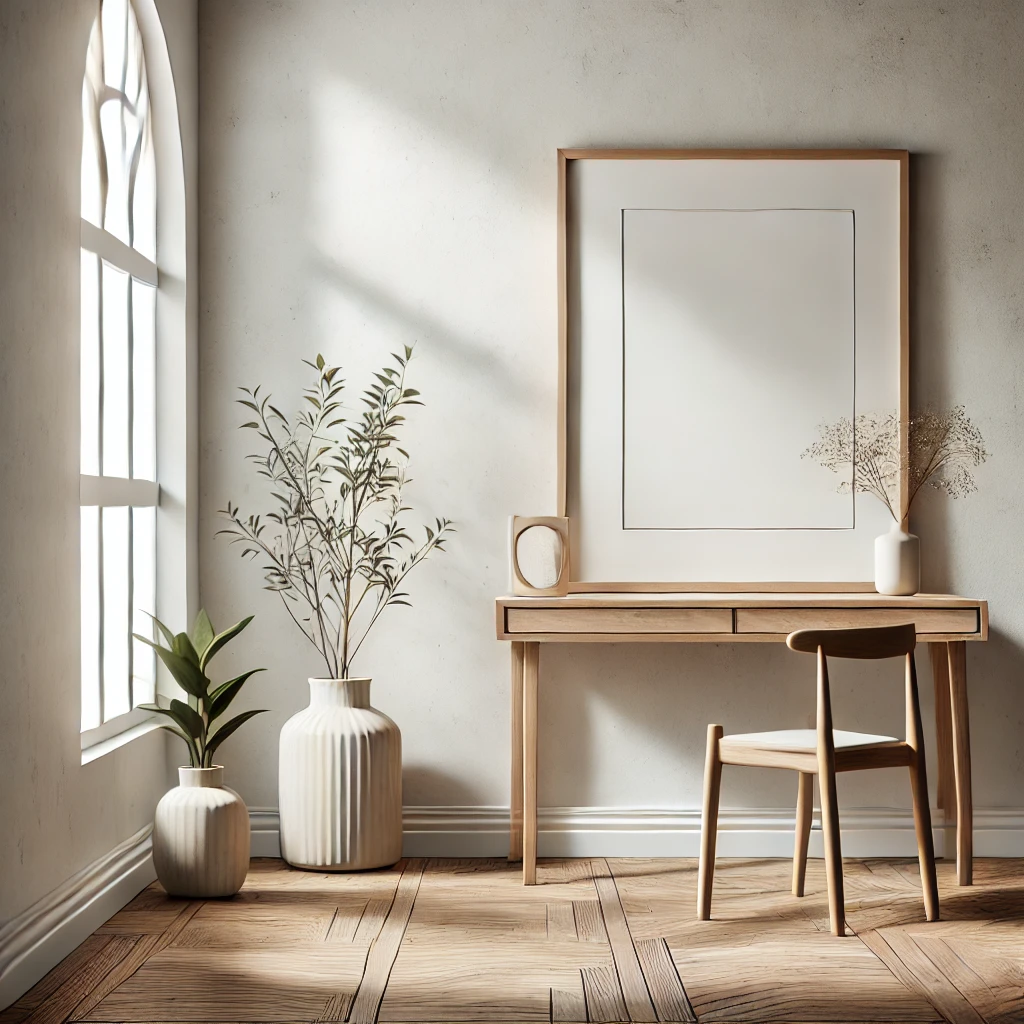Minimalism is more than just a lifestyle choice; it is a mindset that empowers individuals to focus on what truly matters. By shedding excess possessions and embracing simplicity, minimalism fosters self-reliance, mindful consumption, and a deeper appreciation for life. Here, we explore the key tenets of minimalism and how they can lead to a more sustainable and fulfilling existence.
Self-Reliance: Building Independence
Minimalism encourages a self-reliant lifestyle by cultivating habits that reduce dependency on external sources. Whether through saving money, eating healthier, or prioritizing goals, these practices foster resourcefulness and independence. For example, cooking at home reduces reliance on restaurants, while budgeting eliminates the need for constant financial guidance.
While it is beneficial to lean on friends and family occasionally, the ultimate goal of minimalism is self-sufficiency. A clutter-free environment enables individuals to identify areas in their lives that need improvement—be it social, educational, or financial. By focusing on what truly matters, minimalism allows individuals to unlock their full potential and create a sustainable, fulfilling life.
Mindful Consumption: Wants vs. Necessities
One of the most challenging aspects of minimalism is distinguishing between “wants” and “necessities.” For some, a television may seem indispensable, while others might prioritize investing in educational resources or skill development. Over time, identifying true essentials becomes second nature, and mindful consumption helps individuals align their spending habits with their values.
Many people fall into the trap of prioritizing appearances over substance, purchasing lavish items to project a certain image. However, this often leads to financial instability, such as relying on credit cards to maintain the illusion. Minimalism shifts the focus to long-term benefits: saving for emergencies, retirement, or experiences that add value to life. Establishing a budget for essentials—such as rent, groceries, self-care, and entertainment—ensures individuals live within their means and achieve financial stability.
Living Within One’s Means: The Foundation of Self-Sufficiency
Self-sufficiency begins with mastering daily necessities. Once individuals can manage their basic needs, they can tackle larger goals like saving for emergencies, finding a desirable place to live, or planning for retirement. Minimalism often involves developing practical skills—such as cooking, composting, sewing, or carpentry—that add value to life and promote sustainability. I myself, have been living inside a suitcase for the past five years. I have clothes, books, and the necessities required for the day to day. I am not tethered to any location. I am free to be a transient soul in any location. Finding the right location that fosters inner peace and growth seem to be the biggest hurdle.
These skills not only reduce dependency but also offer opportunities for relaxation and creativity. For instance, hobbies like woodworking or gardening can become sources of income or stress relief. Understanding the difference between wants and needs allows individuals to better manage their resources and focus on what they can provide for themselves versus what must be outsourced.
Personal Investment: The Power of Cooking
Cooking at home is a cornerstone of minimalism, as it saves money and fosters a deeper understanding of nutrition. Preparing meals from scratch provides transparency about ingredients, allowing individuals to avoid additives, pesticides, and allergens. Understanding macronutrients such as carbohydrates, protein, and fiber empowers individuals to make healthier choices.
Over time, cooking becomes intuitive, enabling individuals to experiment with flavors and create heart-healthy dishes. For example, substituting lemon for salt can reduce sodium intake while enhancing flavor. Cooking not only simplifies grocery shopping and portion control but also reduces food waste and improves budgeting. By prioritizing fresh produce and whole foods, individuals can achieve a healthier and more self-reliant lifestyle.
Quality Over Quantity: Finding Value
Minimalism emphasizes the importance of quality over quantity. Instead of buying the latest gadgets or trendy items, minimalists focus on saving for meaningful investments and future opportunities. Excessive clutter can lead to anxiety, while mindful consumption fosters gratitude and appreciation for the items and experiences that truly matter.
For instance, preparing meals at home is significantly more cost-effective than dining out daily. Additionally, owning fewer possessions reduces decision fatigue and stress. By prioritizing experiences over material goods, individuals can cultivate a simpler, more intentional life.
The Journey, Not the Destination
Minimalism is not a one-time achievement but an ongoing practice. It involves letting go of items that no longer hold value and focusing on what truly matters. In contrast to hoarding, which often stems from unresolved trauma, minimalism is rooted in self-awareness and a desire for clarity.
Being mindful of one’s surroundings and consumption habits reduces anxiety and fosters a self-sustaining lifestyle. Minimalism is more than a mindset; it’s a way of internalizing gratitude and establishing worth—both physically and mentally. Through financial planning, skill development, and goal-setting, minimalism offers a path to a more fulfilling and self-reliant life.
Interested in a simple checklist to help move towards minimalism? Please feel free to download the .pdf file here

